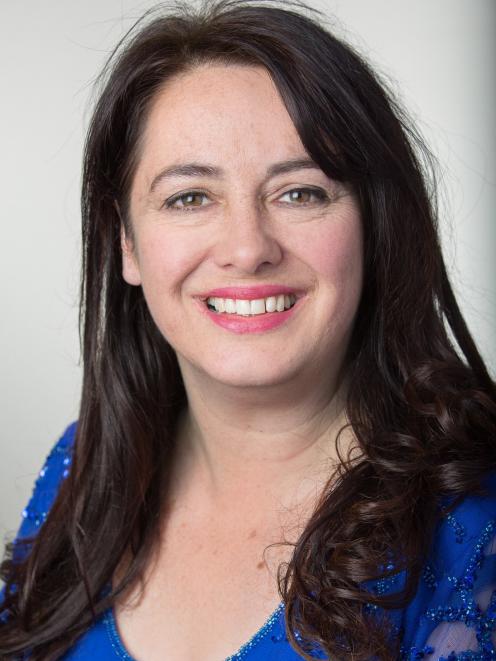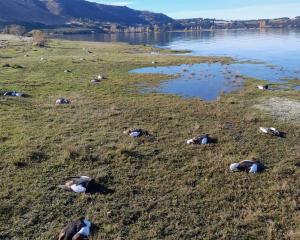
A proposal to ditch the previous George St plans and restart that work was quashed by Dunedin city councillors yesterday in a lively 90-minute discussion during a full council meeting.
After a 13-1 vote, the mayor will now lead the advisory group on George St despite some concerns that he was not neutral on the matter of pedestrianisation.
‘‘It’s fair to say I’m absolutely livid,’’ Cr Carmen Houlahan said early in the discussion.
She argued councillors’ ability to shape the advisory group had been stymied by Mayor Aaron Hawkins’ refusal to hold workshops on the formation of the group, despite a 10-5 vote at the start of June to do so.
She initially questioned his neutrality on the issue of removing vehicle traffic from the city centre street when the car-oriented thoroughfare is to be reformed to provide for 75% pedestrians and public space and 25% vehicles.
‘‘It is not democratic,’’ she said. ‘‘You’re not neutral on semi-pedestrianisation.’’
She later said her comments were aimed at taking some of the heat out of a contentious issue.
Cr Houlahan also said she was ‘‘furious’’ Cr Chris Staynes, chairman of the economic development standing committee, had not accepted a role in the group.
Cr Staynes defended his position, saying he believed his role as the economic development chairman, to protect business interests, would be better suited in the newly established ‘‘project delivery control group’’ to be formed before construction begins.
He also argued successfully for the removal of the concept of the advisory group ‘‘co-designing’’ the controversial upgrade from its terms of reference, adopted yesterday.
‘‘Co-design is a process that starts with a clean sheet of paper,’’ he said.
‘‘Co-design is misleading in that it’s saying you could start with a blank piece of paper and do it all again.’’
On June 8, when the council deferred its decision to yesterday, Cr Staynes said he believed the terms of reference for the group as proposed by council staff were only going to produce ‘‘greater anger amongst the retailers’’.
Cr Jim O’Malley yesterday said the scope of the group agreed upon - to provide ‘‘inclusive engagement’’ on the detailed design of the project - would allow a level of input that would bring the community on board in the development of the council’s intergenerational project.
‘‘It will be a yardstick by which we can measure our success in many respects,’’ he said.
Among the groups that would be added to the June 8 proposal - a measure drafted before the meeting by Mr Hawkins - were local emergency services, the Otago University Students’ Association and Otago Polytechnic Students’ Association, the Dunedin Youth Council, and any collective of George St businesses ‘‘upon receipt of their membership list’’.
Cr David Benson-Pope, who first mooted the return of an advisory group to the process, said its return augured well for the public’s understanding of the project after it had been denounced in some quarters.
‘‘We know that there is no intention to drive vehicles or parking out of the city,’’ he said.
But there were people who thought that was the council’s intention whether ‘‘overt or covert’’.
Cr Marie Laufiso said she continued to take issue with the overrepresentation of retailers in the debate as those stung most severely at present by the fallout from Covid-19.
Maori and Pasifika were the most affected by the pandemic, she said, ‘‘and they have been suffering for generations’’.
But she called for unity on the council as they continued to progress plans.
‘‘There’s a whole lot that is missing [in the plans], but that is OK,’’ she said.
‘‘Please don’t undermine it, by going back to your foxholes.’’












